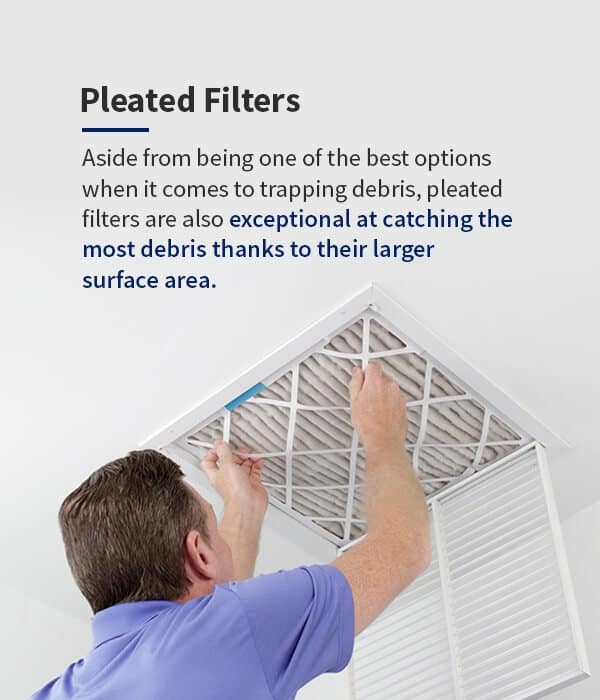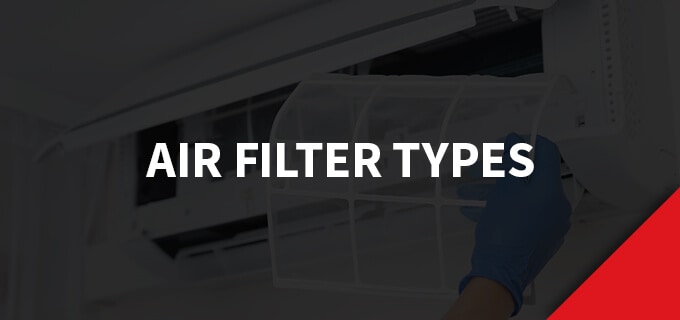When considering the air quality within your home, the importance of selecting the right air filter cannot be overstressed. Given that indoor air quality plays a vital role, especially for those with respiratory conditions, selecting the proper air filter is a crucial step towards ensuring a healthier living environment. This selection process begins with understanding the various types of air filters available for residential use and their specific benefits. In essence, choosing the right air filter can mean the difference between breathing in polluted, stuffy air and enjoying clean, healthy air that promotes wellbeing.
The market offers a diverse range of air filters, each designed to cater to specific needs. Among the most common types are HEPA filters, known for their ability to trap at least 99.97% of airborne particles, UV light filters which use ultraviolet light to kill bacteria and viruses, electrostatic filters that attract dust and other particles through a static charge, and washable filters which can be cleaned and reused. Additionally, there are media filters which offer enhanced filtration without hindering airflow, spun glass filters which are cost-effective but offer limited filtration, and pleated filters that provide a larger surface area for trapping pollutants. Each of these filter types has its unique set of advantages and disadvantages, making it imperative to choose one that best suits your household’s needs.

- Installation of a pleated air filter, demonstrating the importance of correct sizing and regular maintenance.
When deciding on the right air filter, weighing the pros and cons of each type becomes a key step. For instance, HEPA filters are unmatched in purifying the air of allergens and pollutants but might require professional adjustment to fit your HVAC system. UV filters excel in eliminating microorganisms but have no effect on dust or allergens. Electrostatic filters, both disposable and reusable, are cost-effective and improve air quality but might not be suitable for people with severe respiratory issues. Washable filters offer environmental and cost benefits yet demand diligent maintenance to prevent mold growth. Understanding these trade-offs is crucial in determining the most suitable air filter for your home, based on factors like the presence of pets, mold susceptibility, and the need for frequent changes.
Choosing the correct size and understanding the significance of regular maintenance further underline the process of selecting the perfect air filter. Filters come in various sizes, and it’s essential to pick one that fits your HVAC system precisely to ensure efficiency. The effectiveness of an air filter is not only in its type and size but also in how well it is maintained. Regularly checking and replacing or cleaning your air filter according to the manufacturer’s guidelines is paramount in sustaining optimal indoor air quality. Ultimately, the goal is to create a home environment that is safe, comfortable, and conducive to good health.
In conclusion, improving your home’s indoor air quality starts with selecting the right air filter. By understanding the different types of filters, their benefits, and maintenance requirements, you can make an informed decision tailored to your specific needs. Remember, a well-chosen air filter not only contributes to a cleaner, healthier home environment but can also enhance the efficiency and longevity of your HVAC system.


